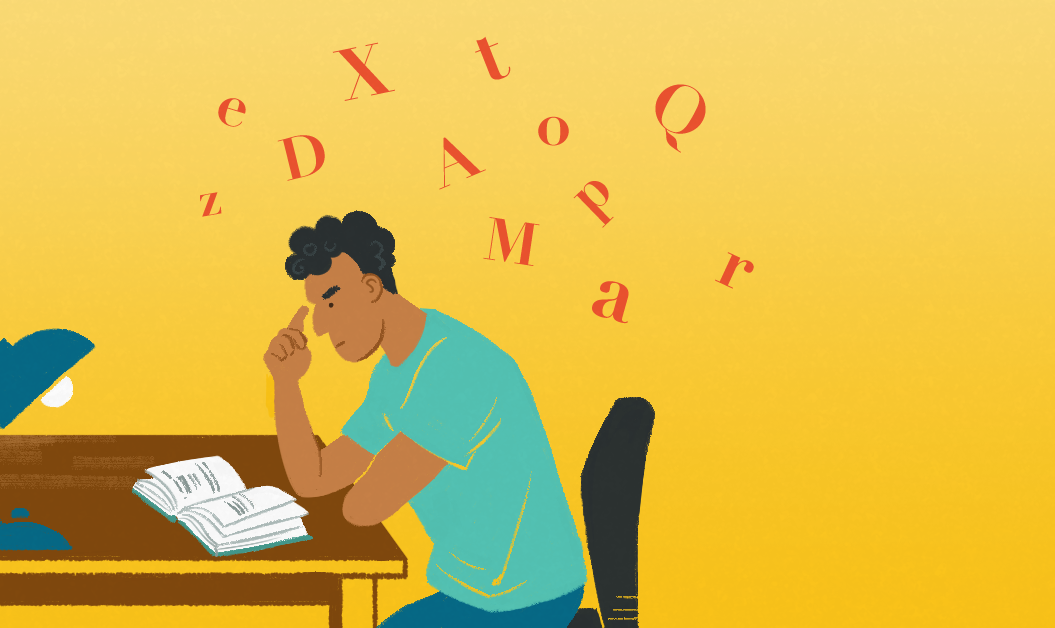
The academic side of second-year
The key to a smooth and stress-free second year? It’s prep. With a bigger workload and a tonne more stress (grades count this year you know) it can quickly feel overwhelming, and the most irritating thing when you are seconds away from a stress-induced meltdown is knowing that it could have easily been prevented!
Here are some tips to save you from drowning in the workload this year:
Set aside time to actually write and plan assignments:
This sounds obvious but we all know how easy it is to forget about deadlines and binge shows on Netflix. Start as early as possible, preferably 2 weeks (or more) beforehand, to make time for research, and to prevent that rush of panic when the hand-in date is looming.
Motivation is always the deciding factor for me, so choose a reward for the end of the week such as a night out, the cinema or even something as simple as buying your favourite snack.
Arrange library sessions with a friend on the same course as you:
If someone else is going then you are less likely to cancel, plus these study sessions have extra perks. Not only does it make the session more tolerable, but you’ve got someone to help proofread your work and bounce ideas off when you eventually get stuck. Time goes faster when you’ve got a ‘study buddy’ and it’s easier to get three or even four hours done instead of the distracted mess that home studying always becomes.
Keep in regular contact with members of group projects:
Social media is our best friend the majority of the time so this tip shouldn’t be too difficult. Group chats on Facebook are a lifesaver when it comes to arranging tasks and it provides a 24hr helpline when you hit a hurdle. You will find that group projects become more common in second year, so you’re better off just embracing it and try to have fun with the group you are with.
Arranging meetings once/several times a week is crucial, plus you could even make them social opportunities as well. Having a couple of these meetings at coffee shops or cafés will keep switching it up so it doesn’t become too dull, and you never know – you might make some good friends along the way.
Attend those lectures, even the ones at 9am:
I know it’s hard but you can’t revise what you haven’t learned and lecturers often say extra information which isn’t on the slides. Blackboard is a great resource but it can only do so much and some lecturers do take your lecture and seminar attendance into account when marking assignments.
The added benefit of following these tips is that you aren’t going to regret doing the work early but you will regret leaving work till the last minute. Your quality of work will always benefit from the extra time and when assignment dates collide this will add a little bit of order to the chaos that is student life.



